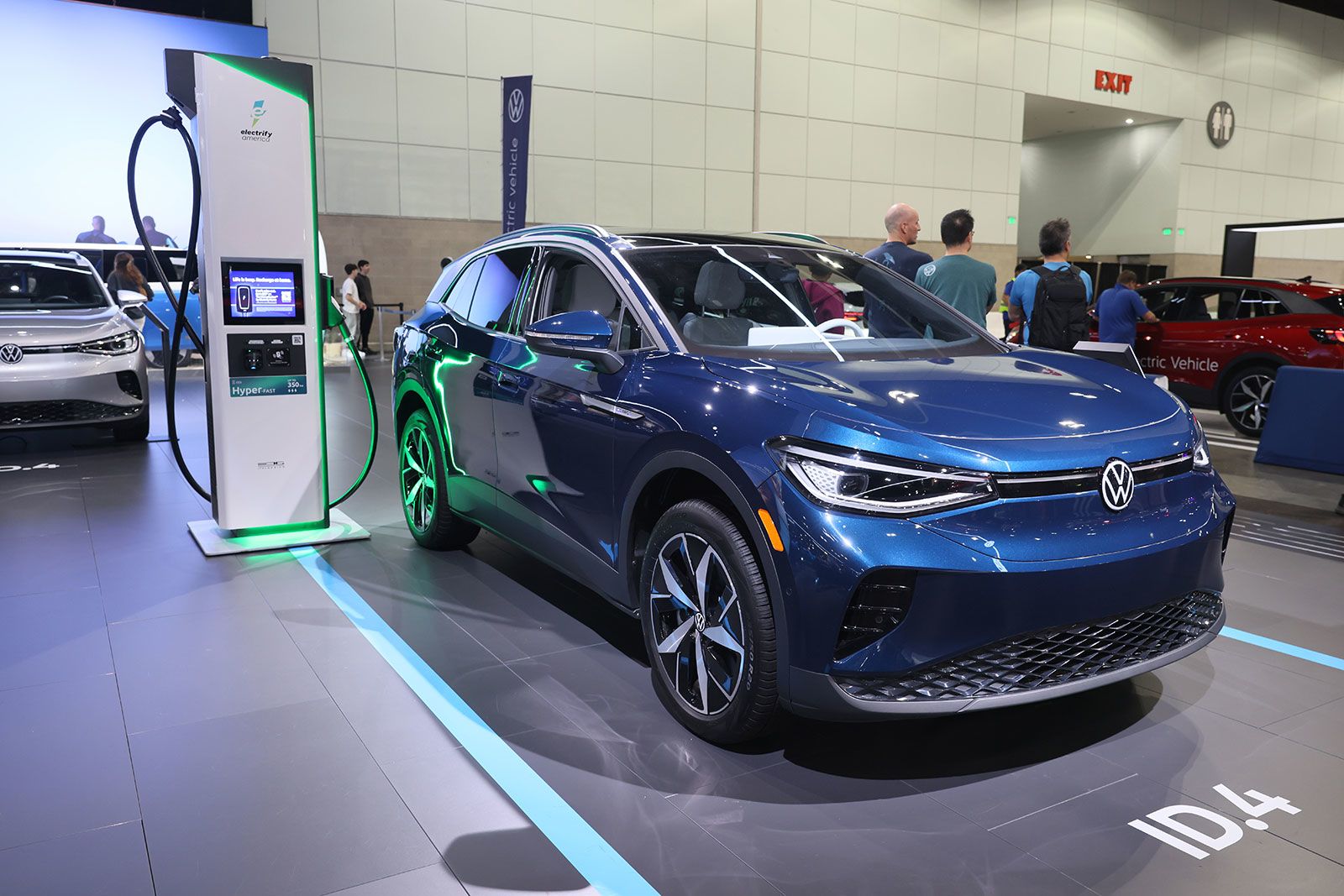New Rules, New Challenges: Understanding the Adjustments to the EV Tax Credit Program
Navigating Complexity: Key Considerations for Consumers Amidst EV Tax Credit Changes
According to Slash Gear, the government’s EV tax credit program has undergone significant adjustments, which will take effect on January 1st, 2024, to encourage the switch to electric vehicles. Though intended to encourage environmentally friendly transportation, these changes have added complications that consumers must understand. Significantly, strict requirements have been added to determine whether automobiles qualify for the $7,500 tax credit. These include income restrictions for buyers and MSRP limits dependent on the type of vehicle. The appeal of significant savings on EV purchases is still strong, despite the complexities, and encourages buyers to carefully consider their options.
 Launching the 2024 Lineup: Automobiles Eligible for the Full EV Tax Credit (PHOTO: CNN)
Launching the 2024 Lineup: Automobiles Eligible for the Full EV Tax Credit (PHOTO: CNN)
READ ALSO: What Qualifications Must Be Met To Be Eligible For The Child Tax Credit In 2024?
Top Runners: Top EV Models Eligible for the Full Tax Credit Emphasize Special Advantages
The Cadillac Lyric, Chevrolet Bolt, and Chrysler Pacifica are just a few of the cars that fit the requirements for the whole tax credit. Convincing buyers who care about the environment, each model offers distinctive features and advantages, such as opulent interiors and remarkable range. A careful conversation with dealerships is necessary, though, as not all trims or options may qualify for the tax benefit. Staying up to date and doing research are still essential for potential purchasers hoping to take advantage of the government’s EV tax credit program as the market for electric vehicles is still changing.
READ ALSO: Deadline For Property Taxes: On What Date In 2024 Are Property Taxes Due?




